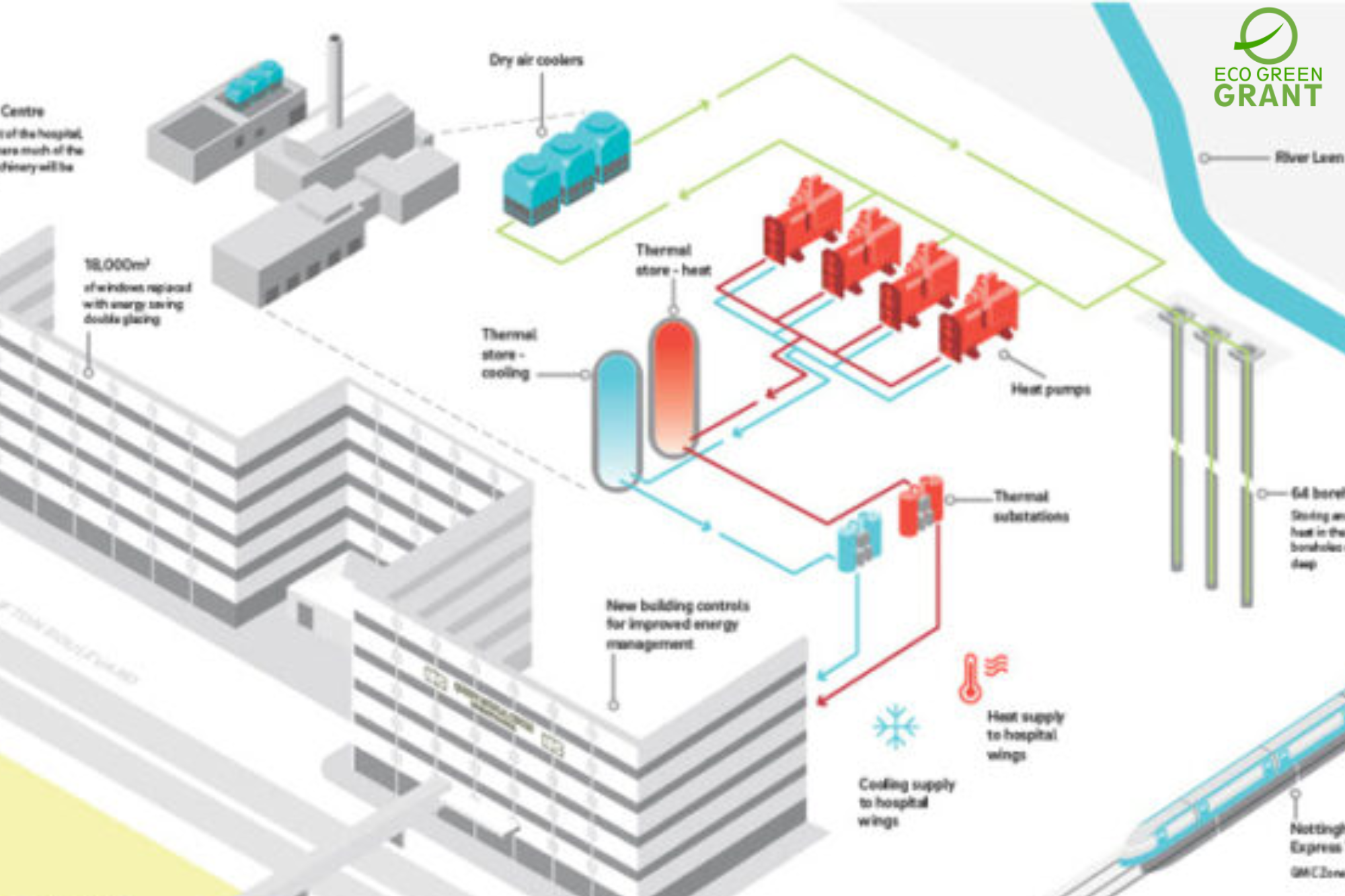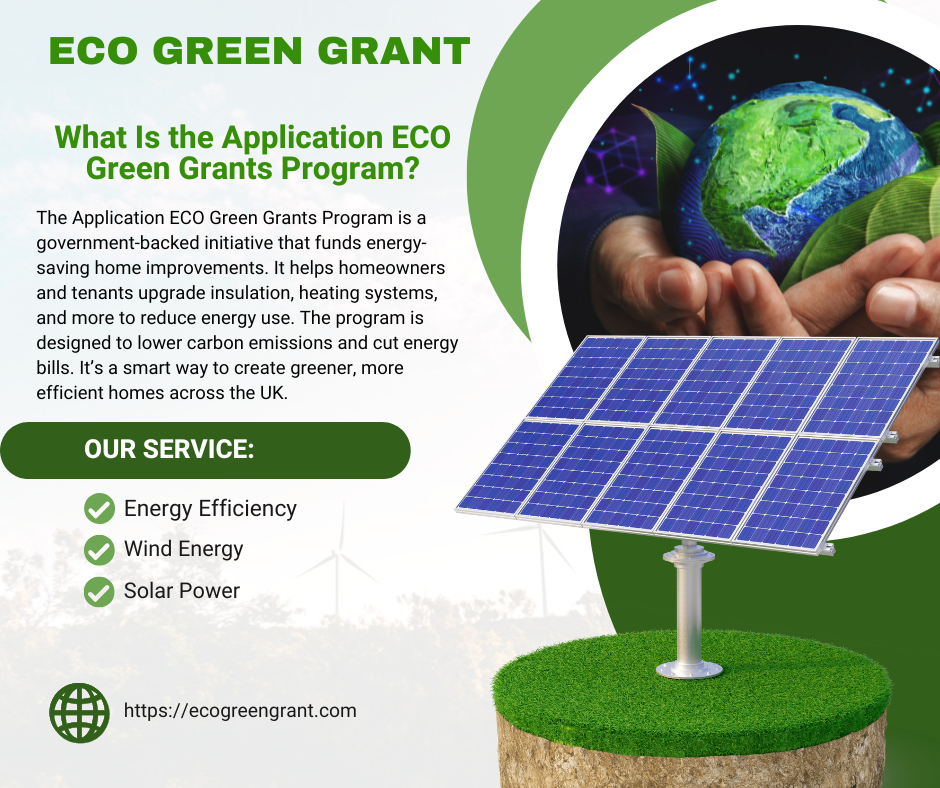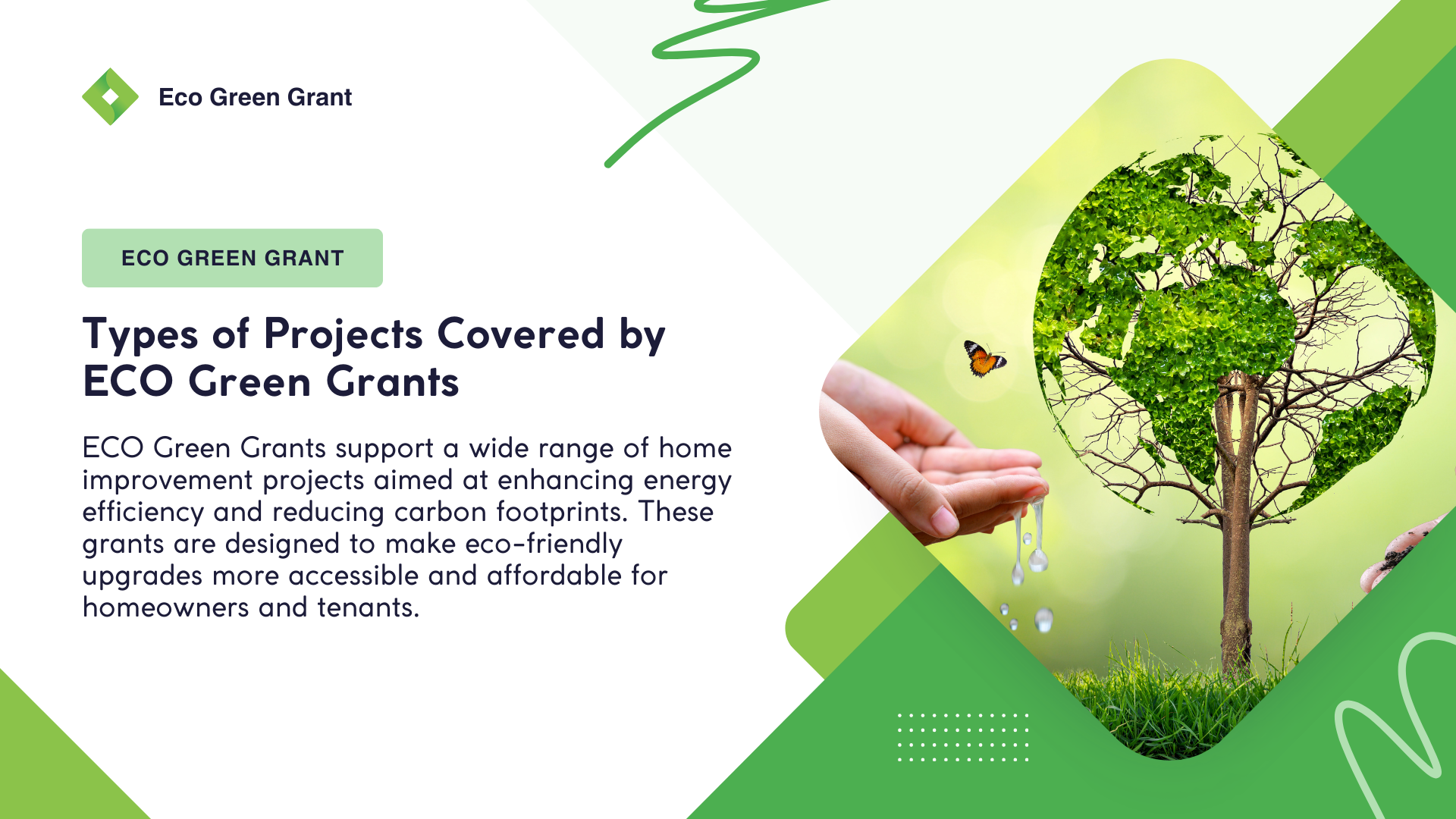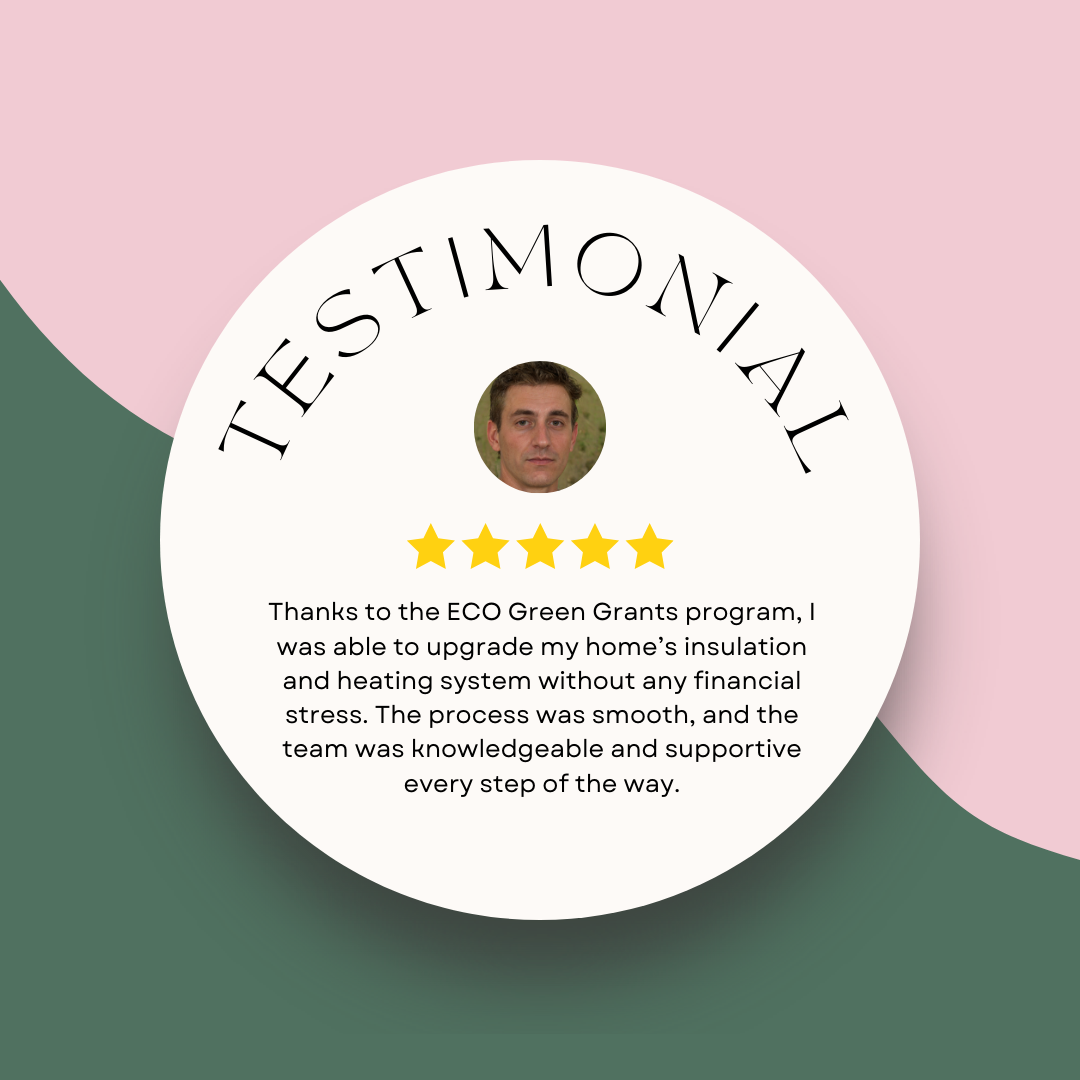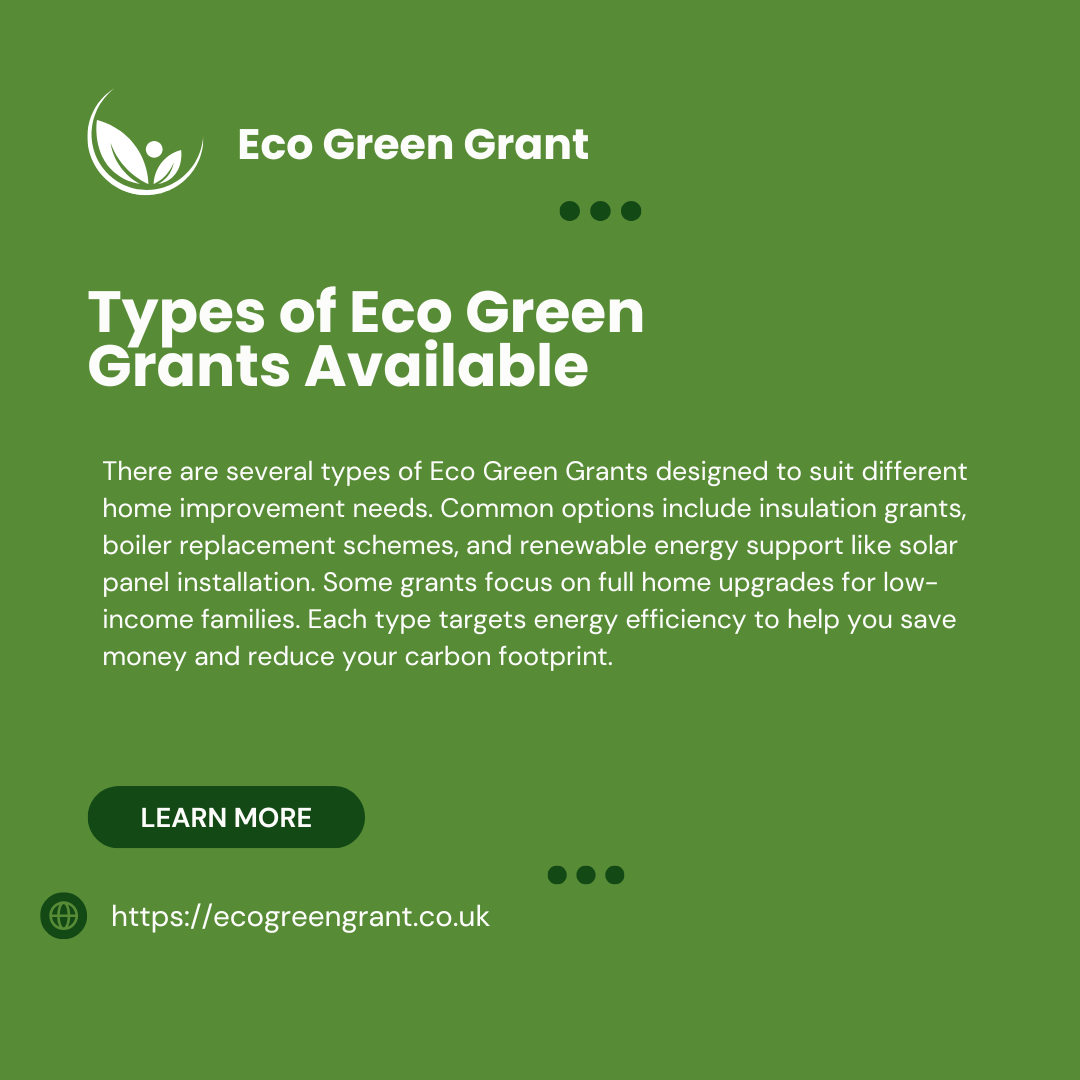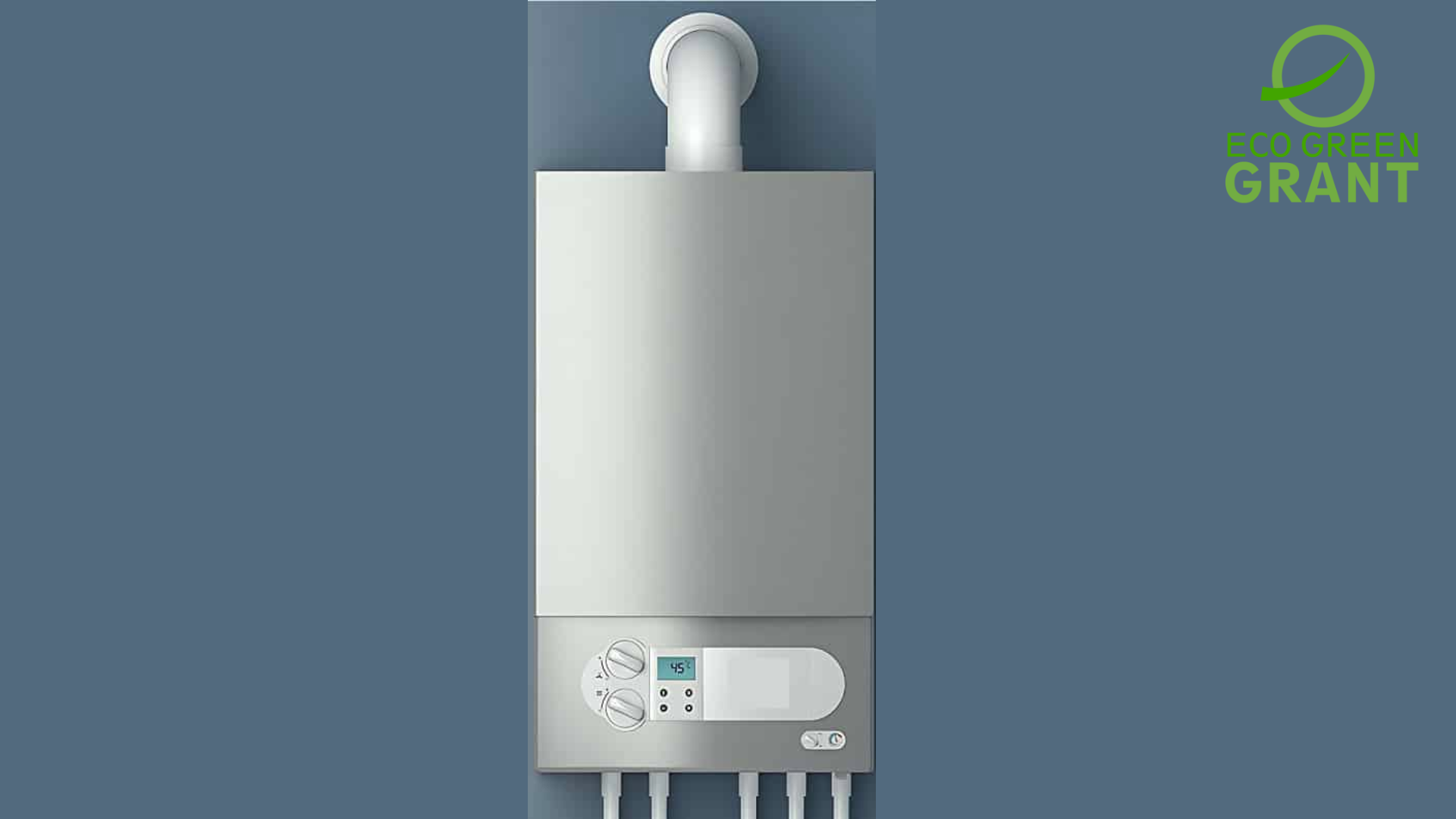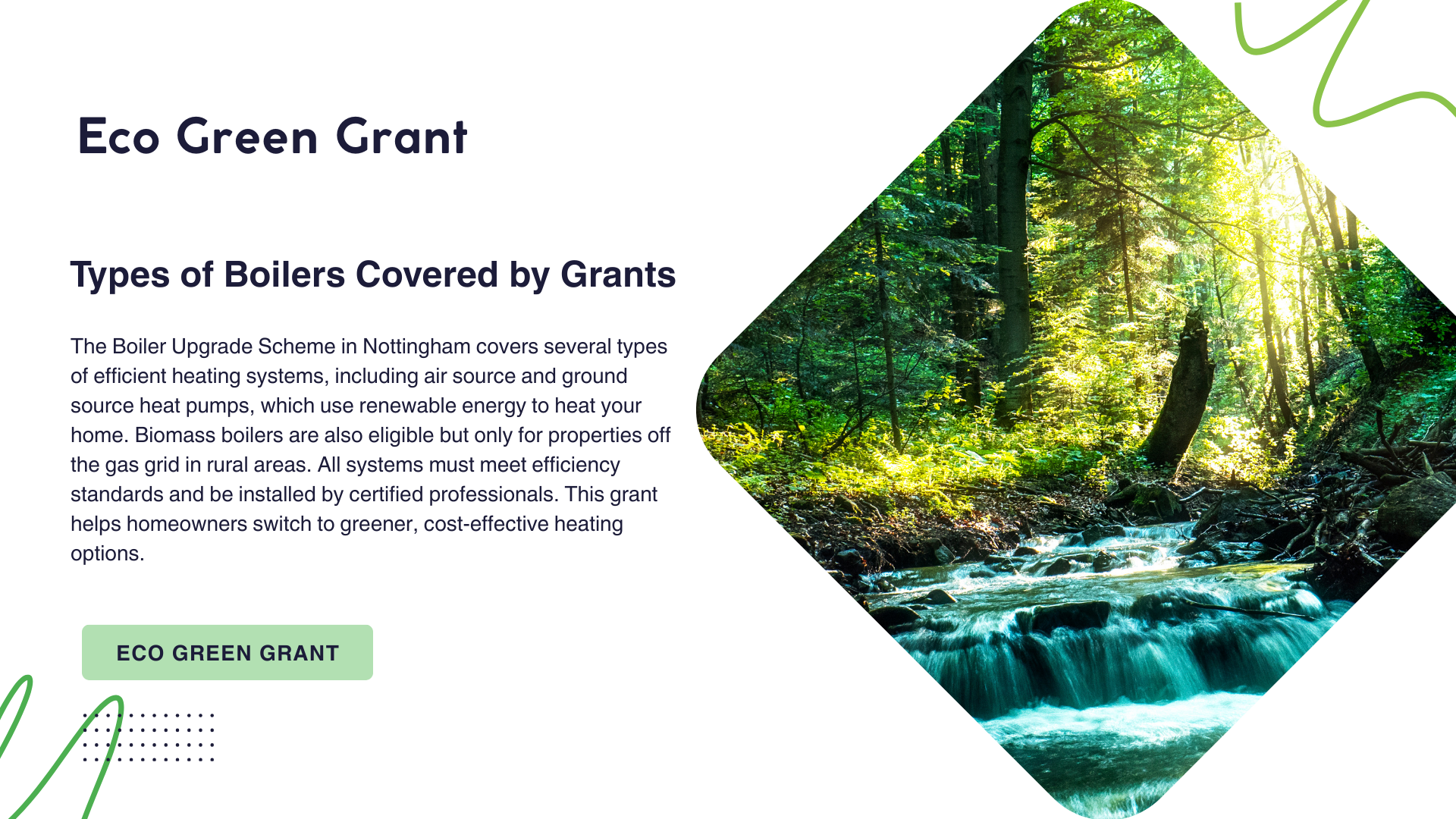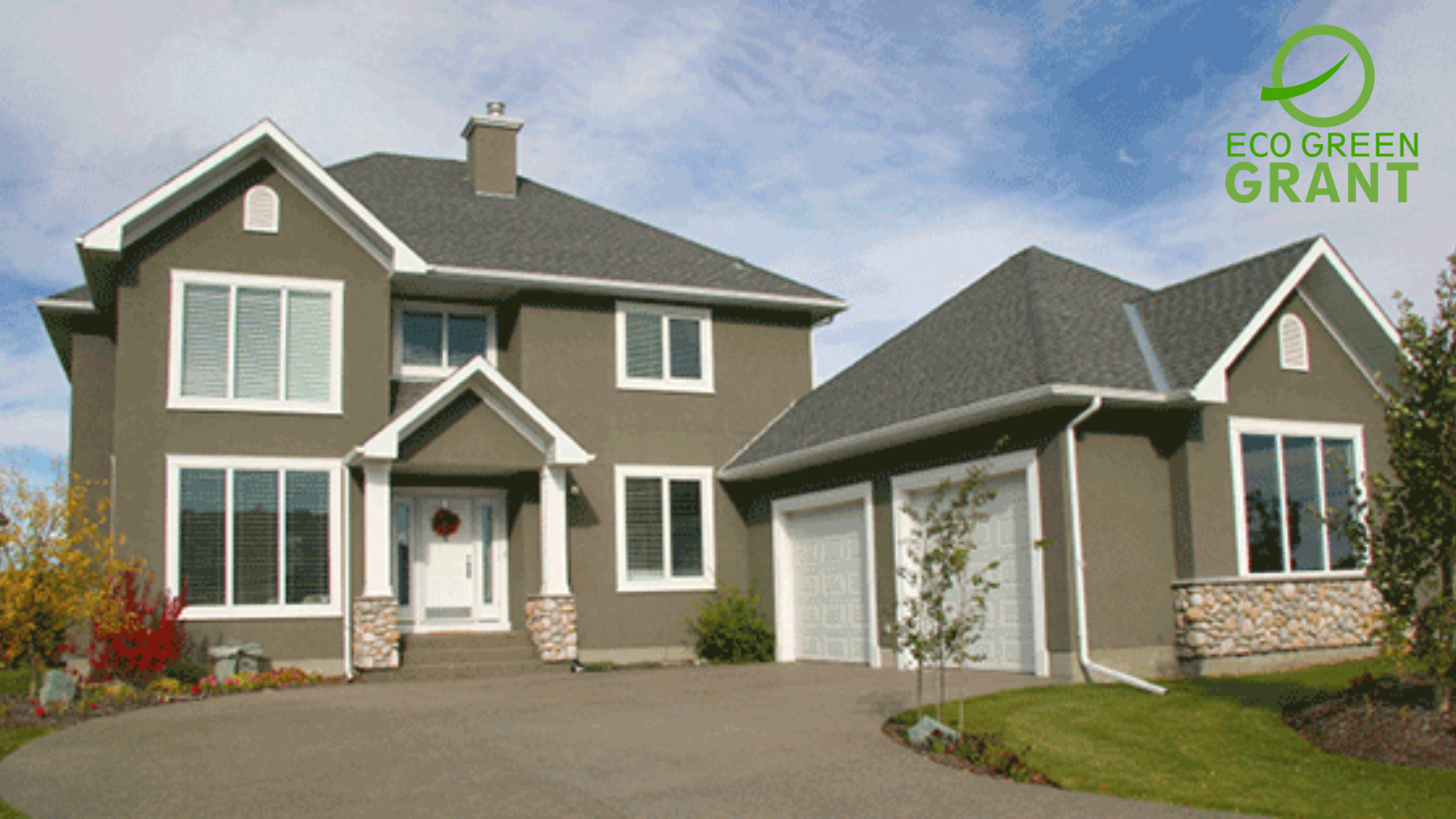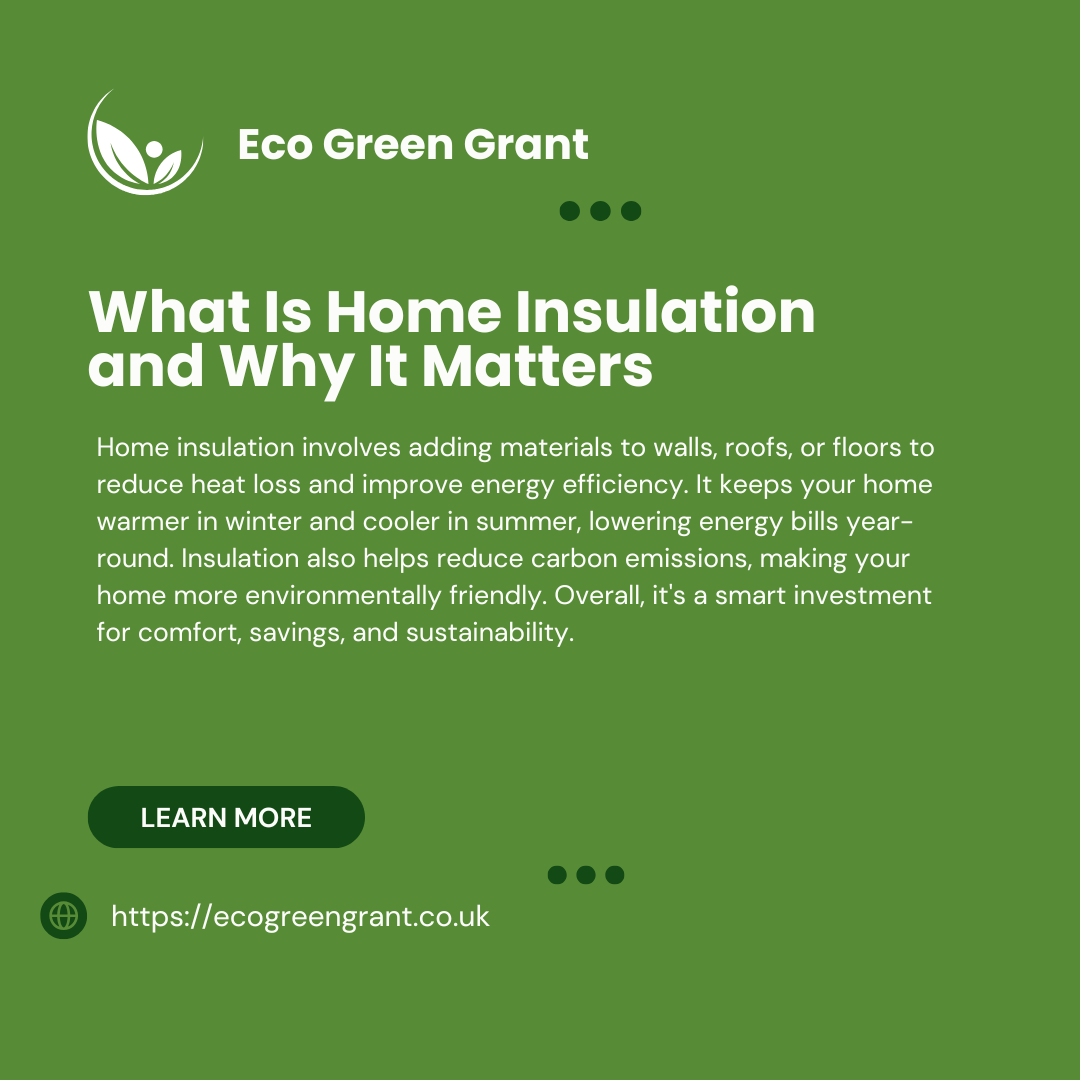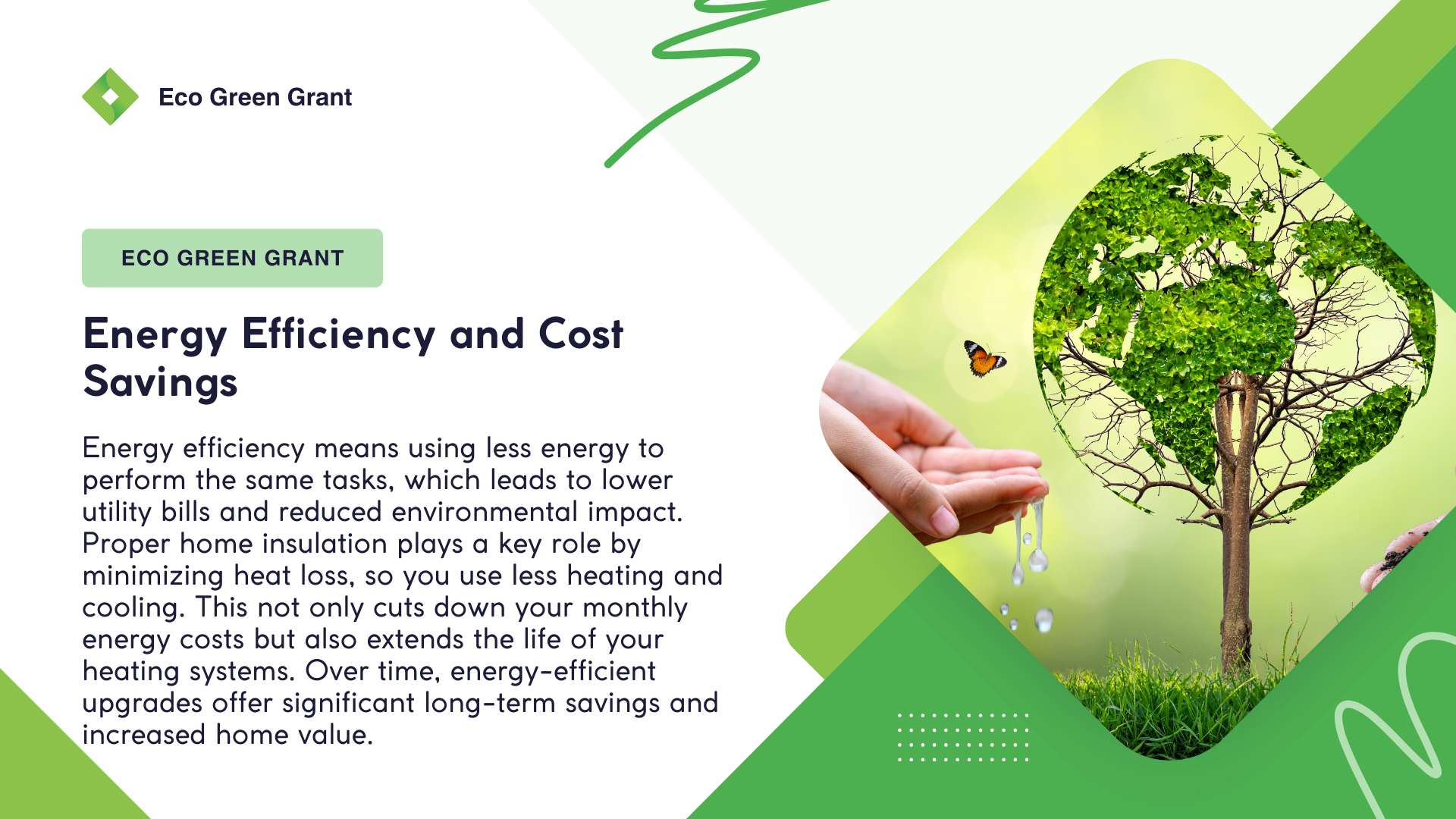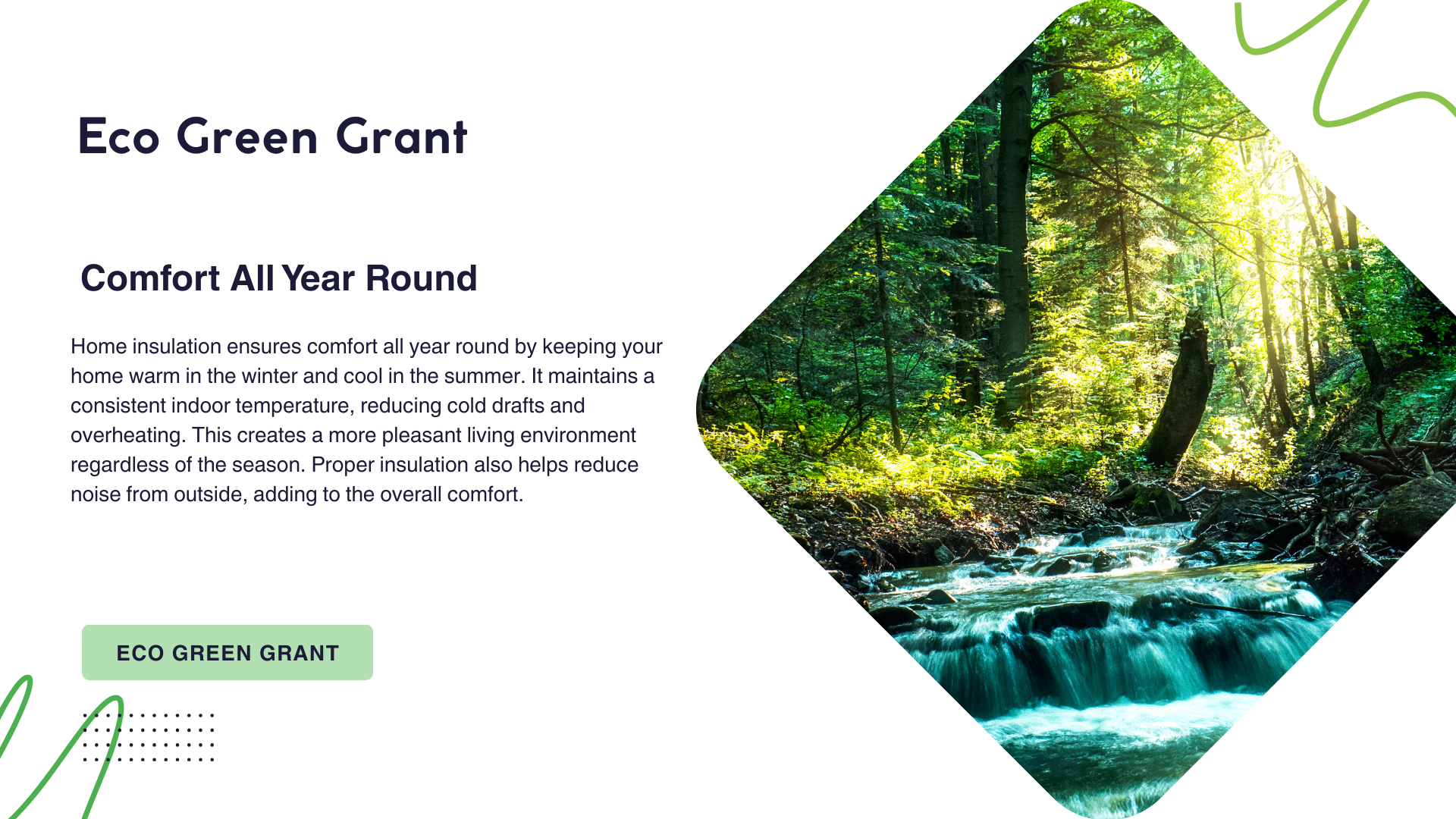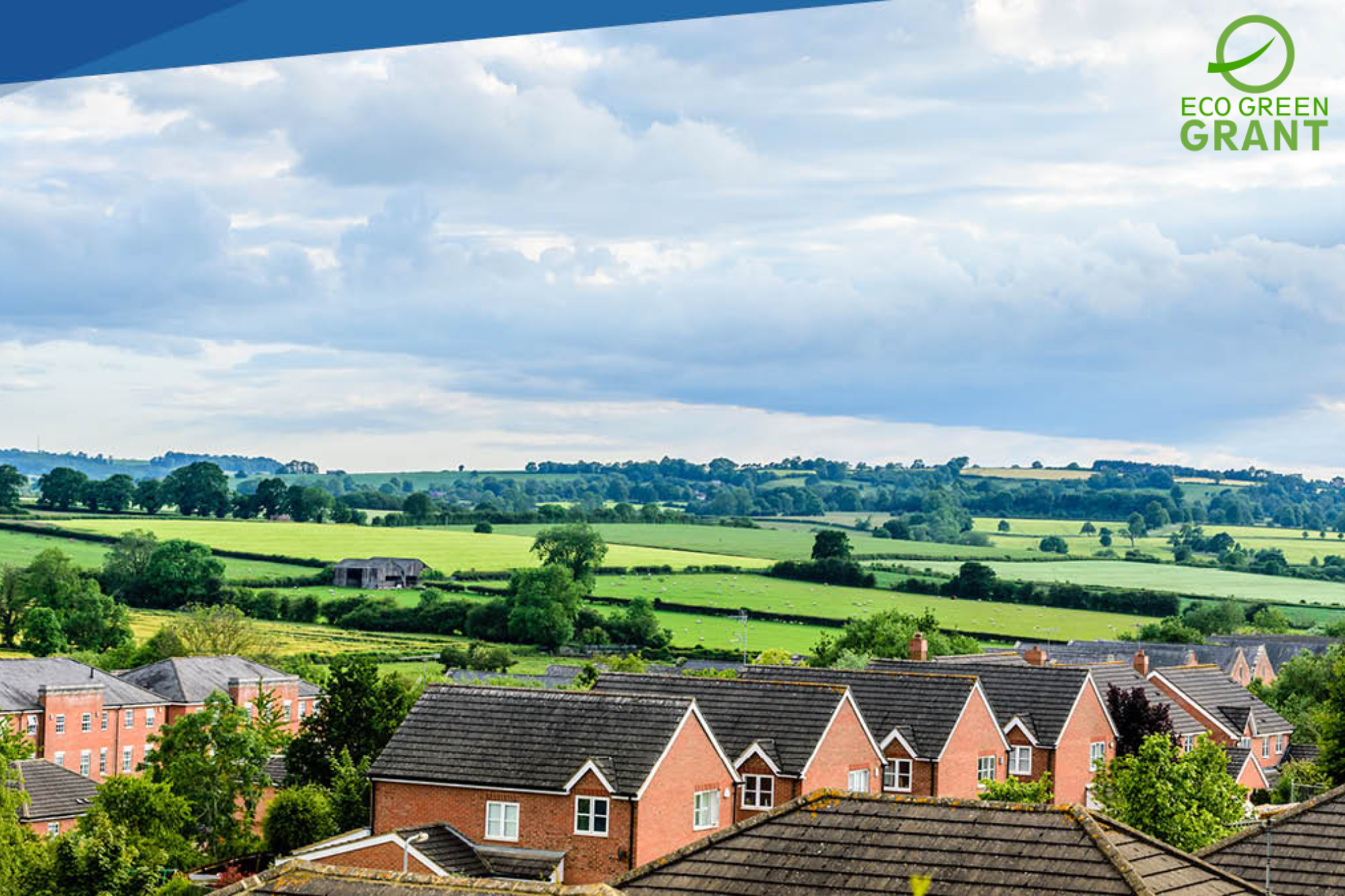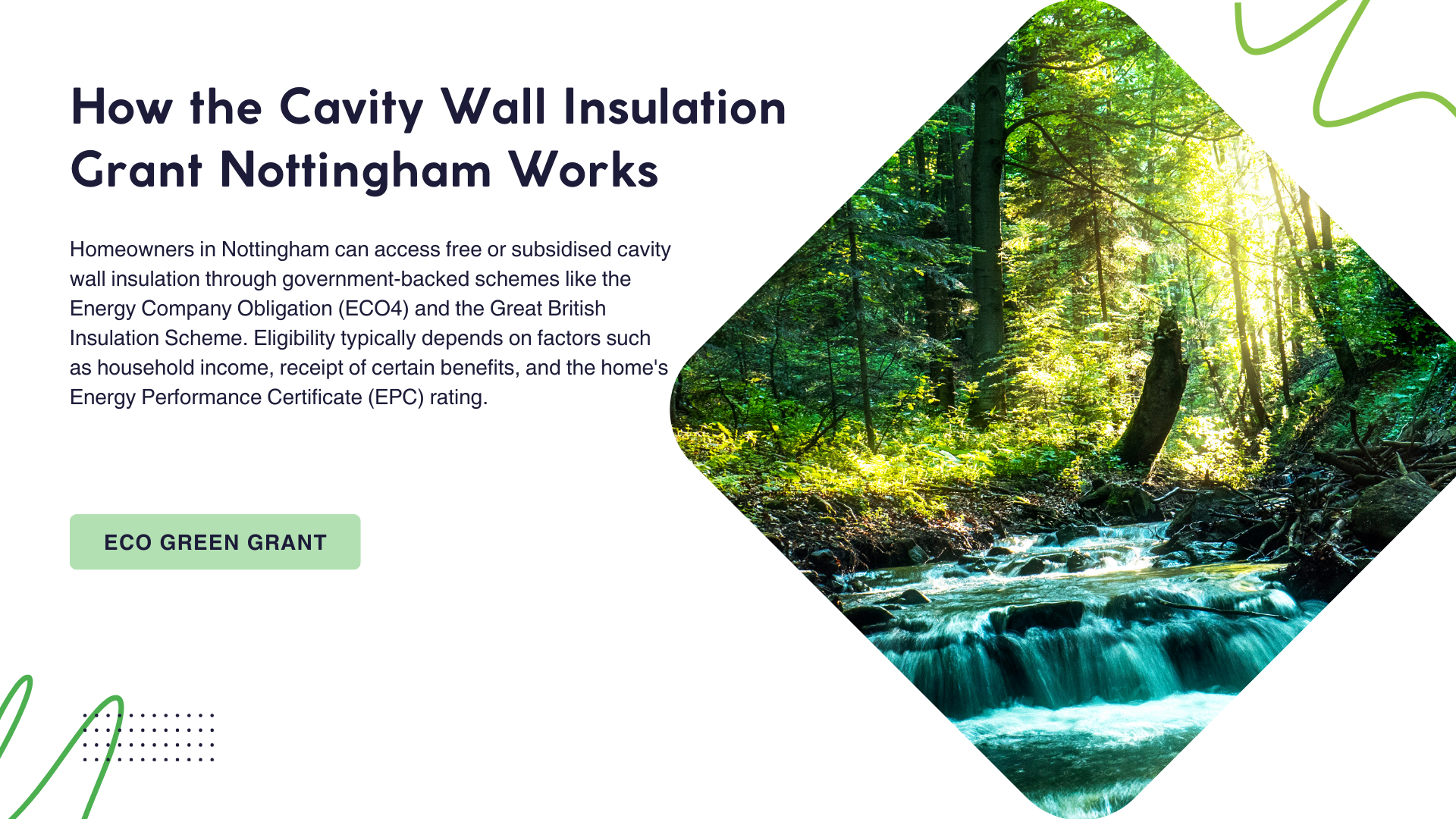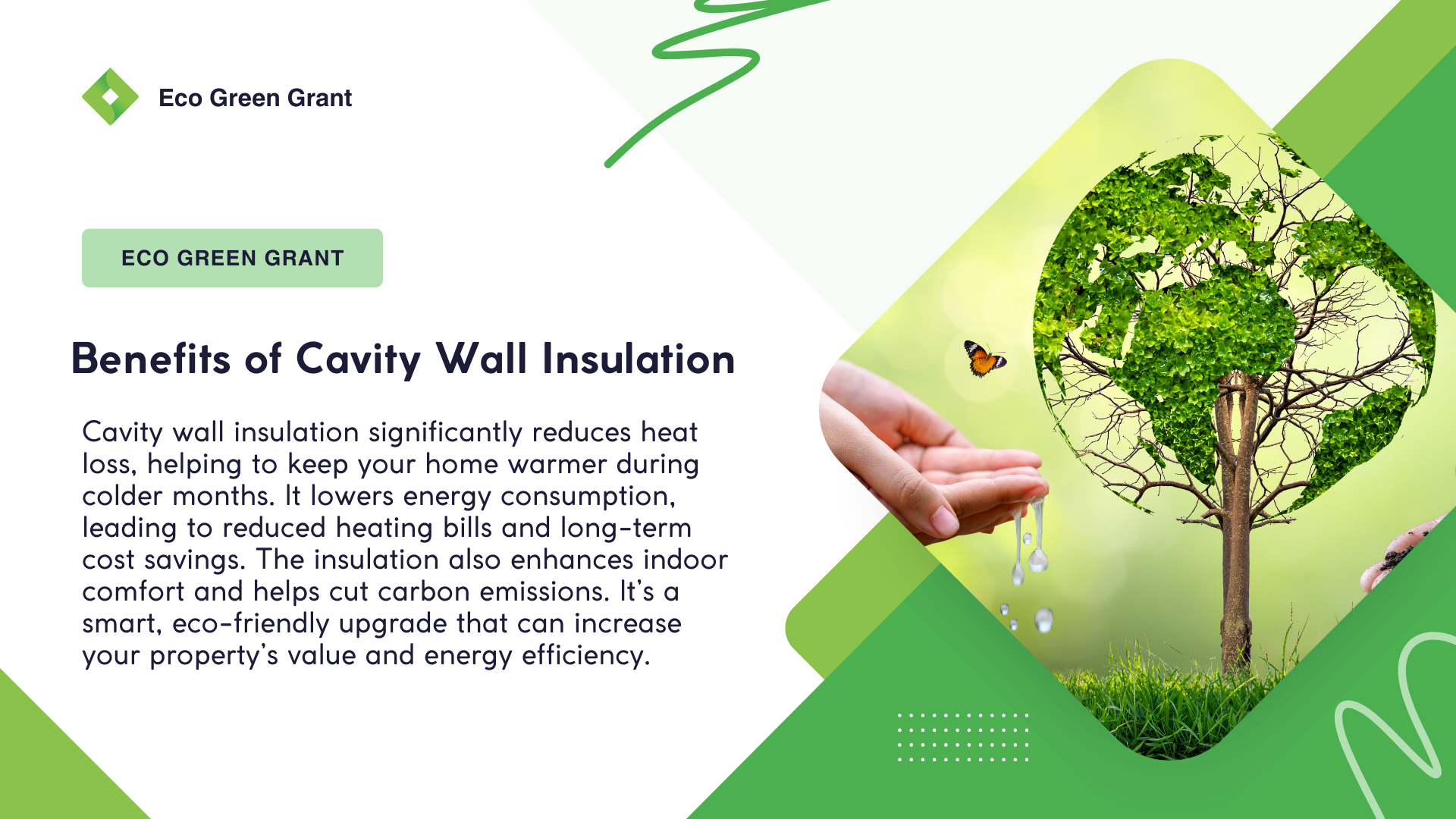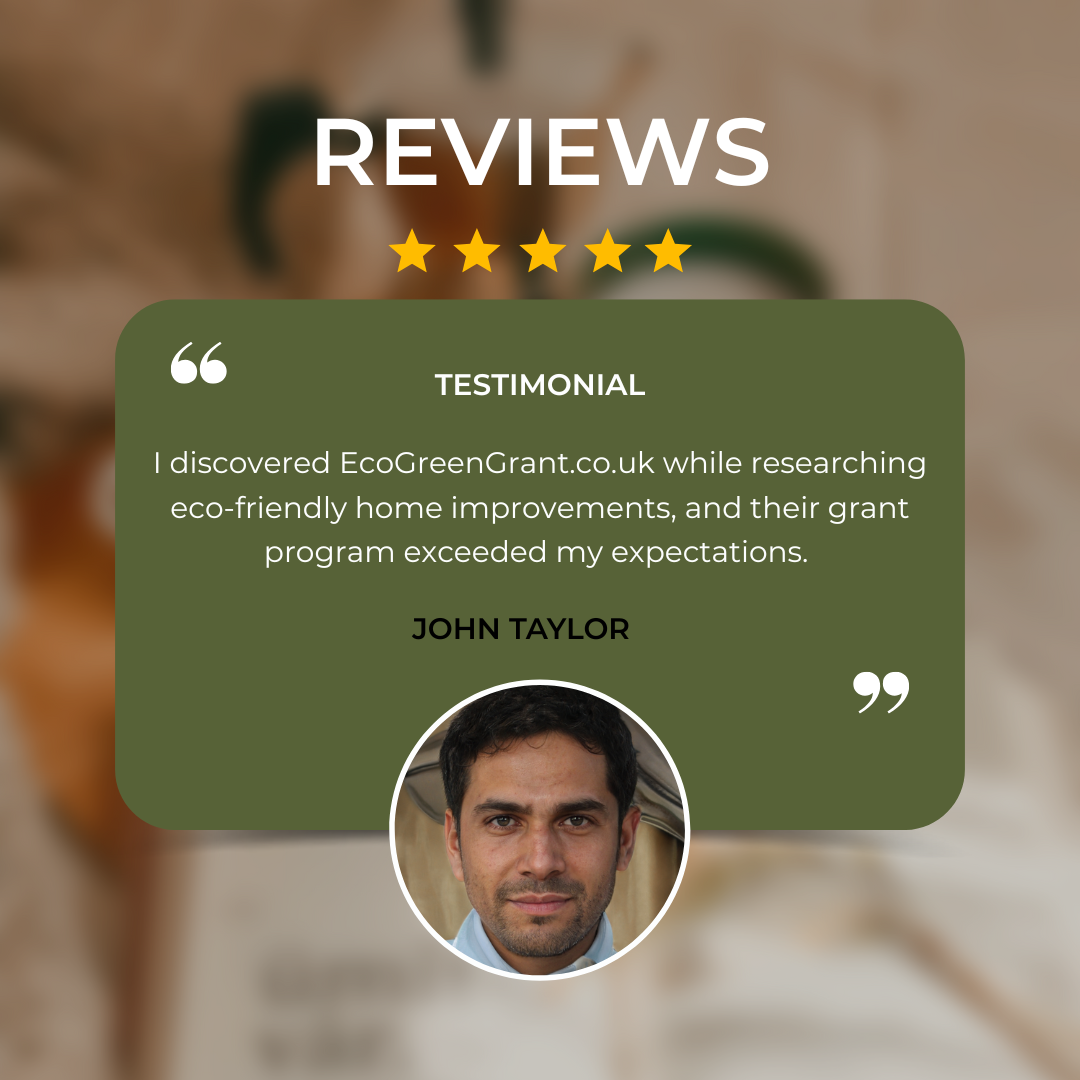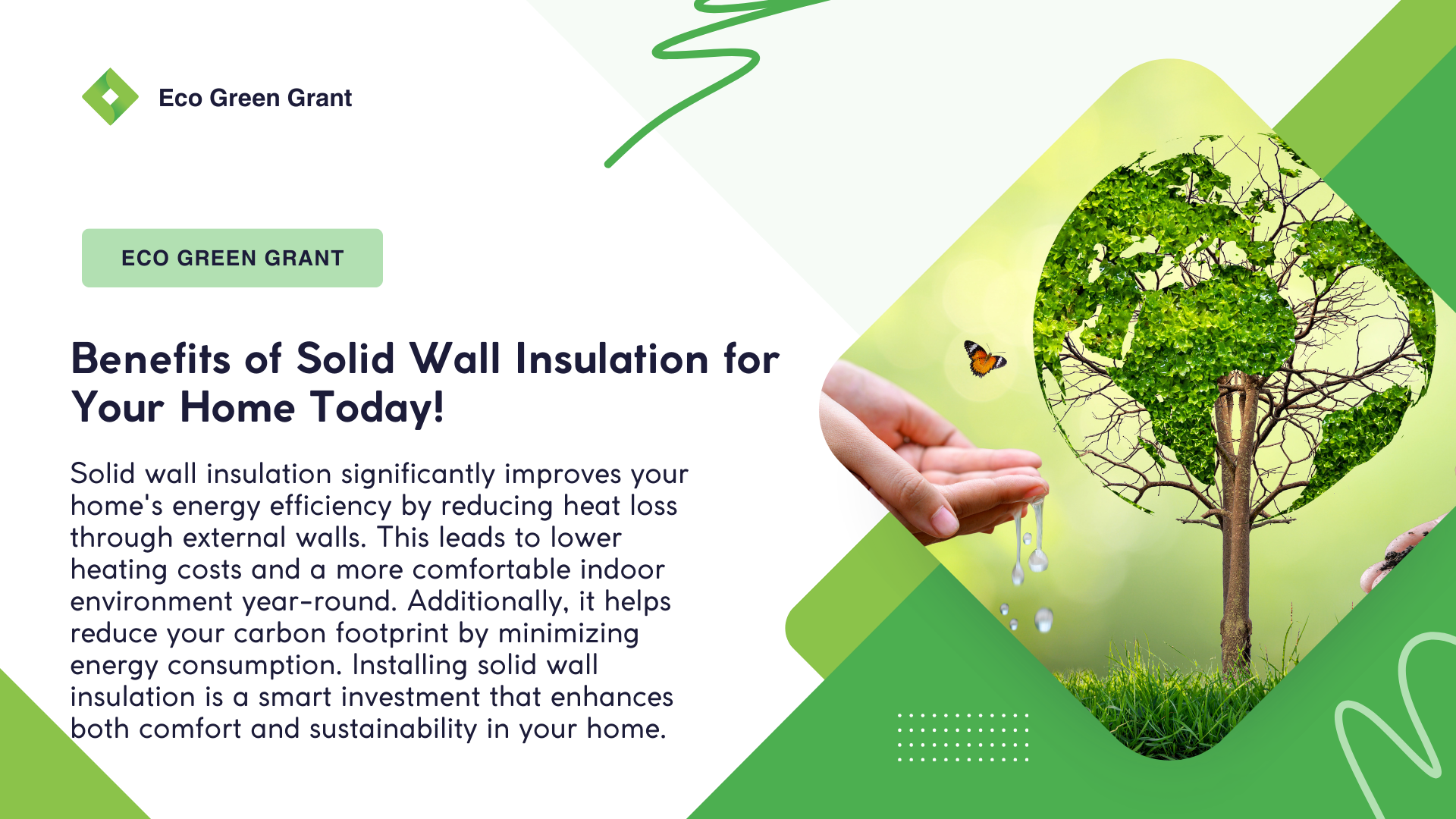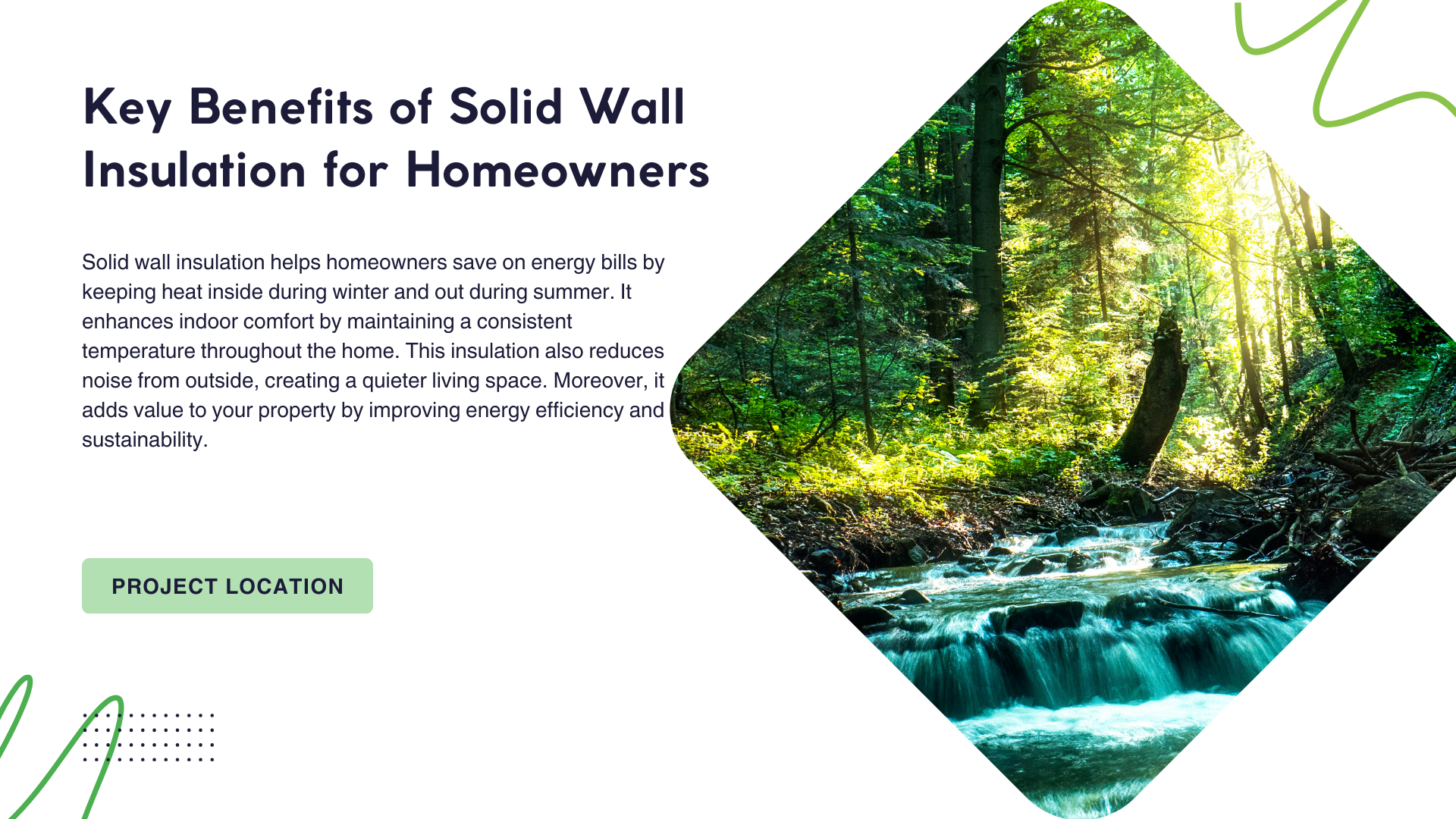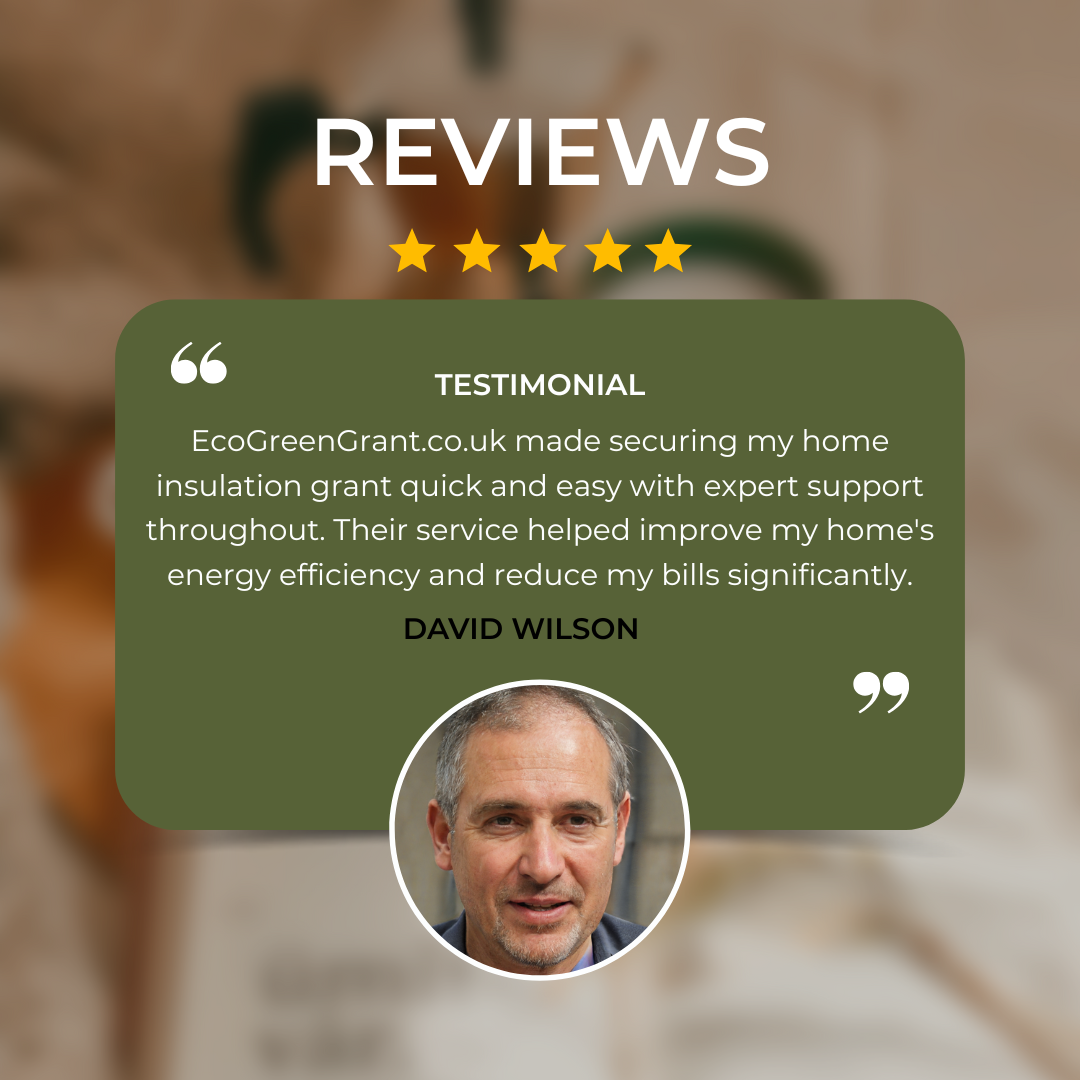If you’re searching for Eco green home grants ltd Companies House – GOV.UK, you’re probably curious about how to get help paying for eco-friendly home upgrades. The Eco Green Grant is one of the schemes making it easier for homeowners to save money while making their houses greener. This article will explain everything about Eco Green Home Grants Ltd, their official registration, and how the government supports these green projects. Let’s explore how you can benefit too!
What Is Eco Green Home Grants Ltd? Understanding the Basics
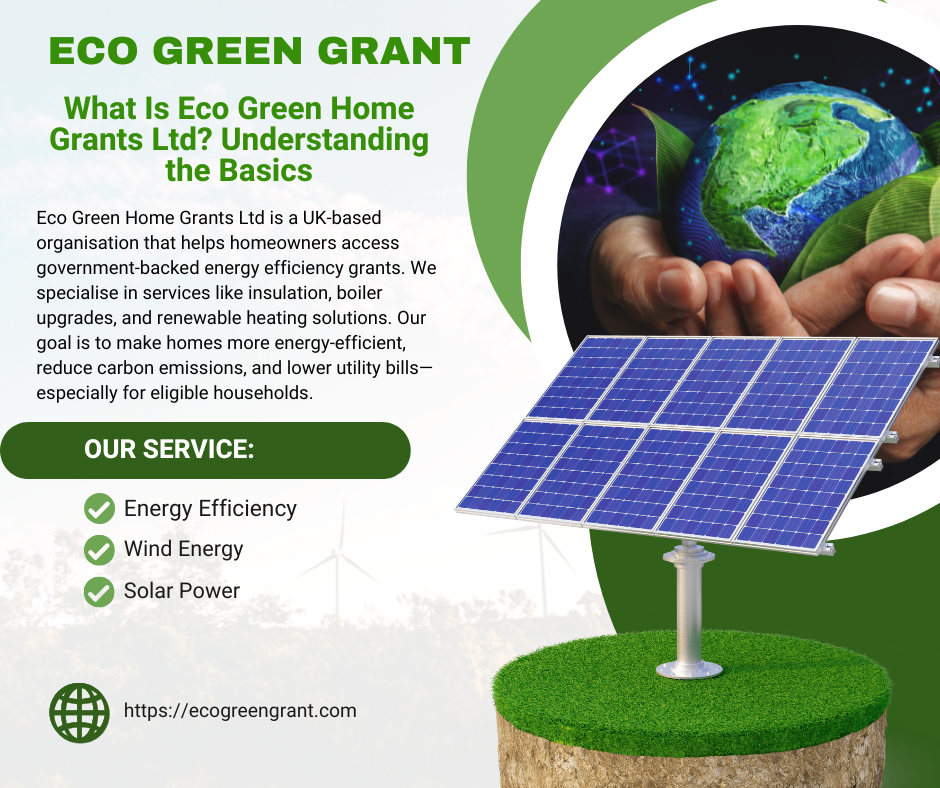
What Does Companies House Do?
Companies House is the UK government office responsible for officially registering all companies. It holds details about every registered company including directors, registration dates, and filings. When you search for Eco green home grants ltd Companies House House via GOV.UK, you find verified information that confirms the company’s legitimacy. This service ensures transparency and protects consumers from fraud.
Why Is Company Registration Important?
Registration at Companies House means a company follows legal requirements and standards set by the government. For consumers, this registration is a sign that the company is legitimate and accountable. Using a registered company like Eco green home grants ltd Companies House reduces risks and gives you peace of mind during your green home project. It also allows you to check their history and standing online.
How to Check Eco green home grants ltd Companies House on GOV.UK
To verify the company, you can visit GOV.UK and use the Companies House search tool. Simply type “Eco Green Home Grants Ltd” and you’ll see public information about the company. This quick check confirms the company’s registration status, directors, and filing history. Doing this before working with them is a smart step for your protection.
What Are Eco Green Grants and How Do They Work?
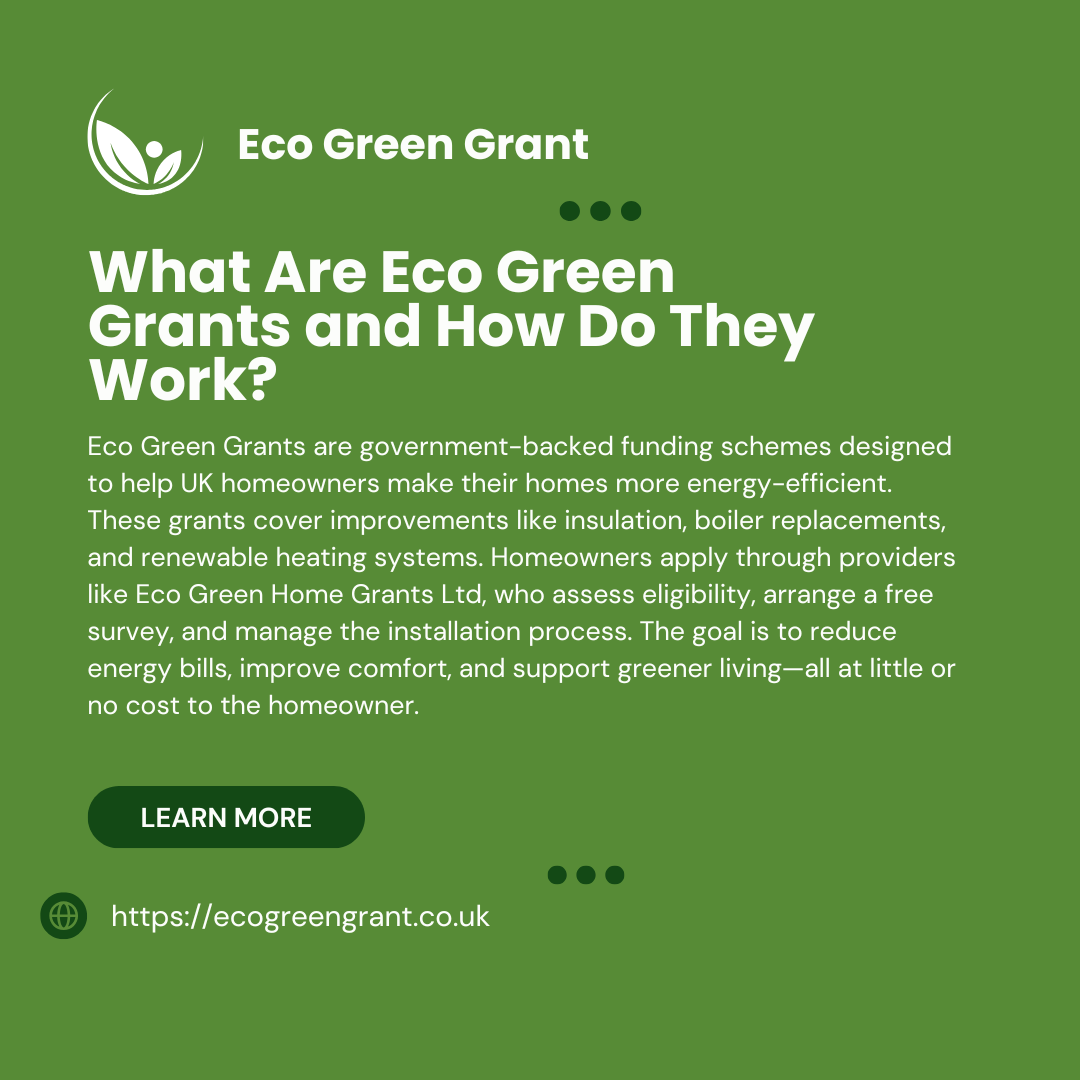
Why Are Eco Green Grants Important?
These grants encourage homeowners to invest in sustainable upgrades that might otherwise be too costly. They help reduce carbon emissions and improve energy efficiency nationwide. By lowering your energy bills and improving your home’s comfort, Eco Green Grants benefit both you and the environment. This is why many people turn to them for financial support.
Who Can Apply for These Grants?
Generally, homeowners and landlords are eligible to apply, but specific grants may have income or property restrictions. Many schemes focus on low-income households or homes with poor energy ratings. If your property meets the criteria, you have a good chance of receiving funding for your green upgrades. Eco green home grants ltd Companies House can help determine your eligibility.
A Real Example: Tom’s Heat Pump Success
Tom wanted to reduce his heating bills, so he applied for an Eco Green Grant to install a heat pump. With the grant’s support, the upfront cost was much lower, and he now enjoys a warmer home with lower energy costs. Tom’s example shows how practical and beneficial these grants can be. Stories like his encourage more homeowners to go green.
How Eco Green Home Grants Ltd Supports You
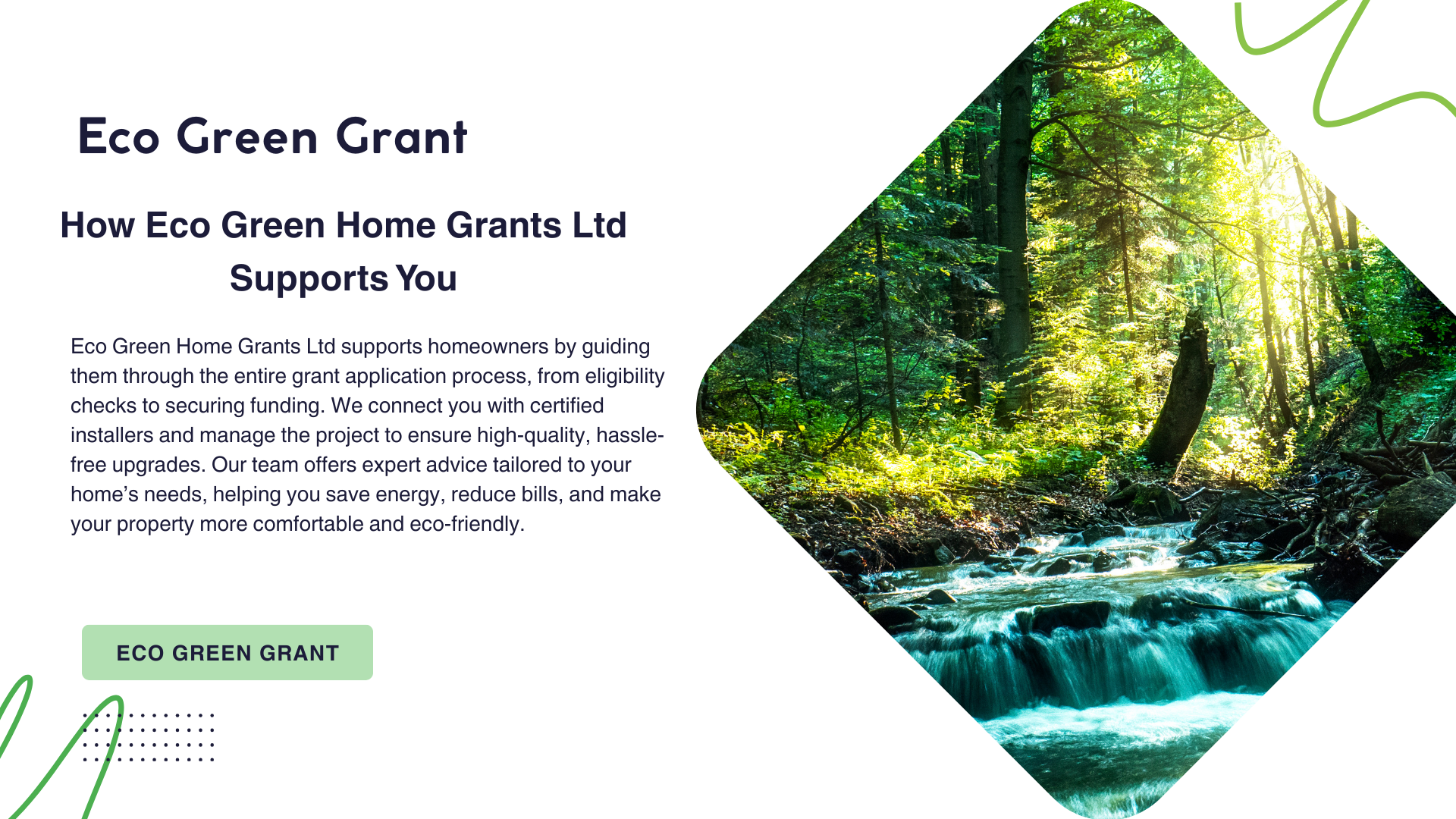
Eco Green Home Grants Ltd helps simplify the often complex and confusing green grant application process. They offer personalized advice, home assessments, and handle paperwork, saving you time and effort. Their goal is to make getting your grant smooth and stress-free.
Home Energy Assessment
Taking Care of Applications
Filling out grant applications can be confusing and time-consuming, especially with strict guidelines. Eco green home grants ltd Companies House manages the entire paperwork process, making sure all forms are completed accurately. This reduces your chances of delays or rejections, speeding up approval. You can relax knowing experts are handling this.
After Your Grant Is Approved
Once your application is successful, they help arrange the installation with approved contractors. They make sure the work complies with grant conditions so you don’t lose funding. The company stays involved until your project is fully complete. This ongoing support ensures everything goes smoothly from start to finish.
GOV.UK’s Role in Eco Green Home Grants
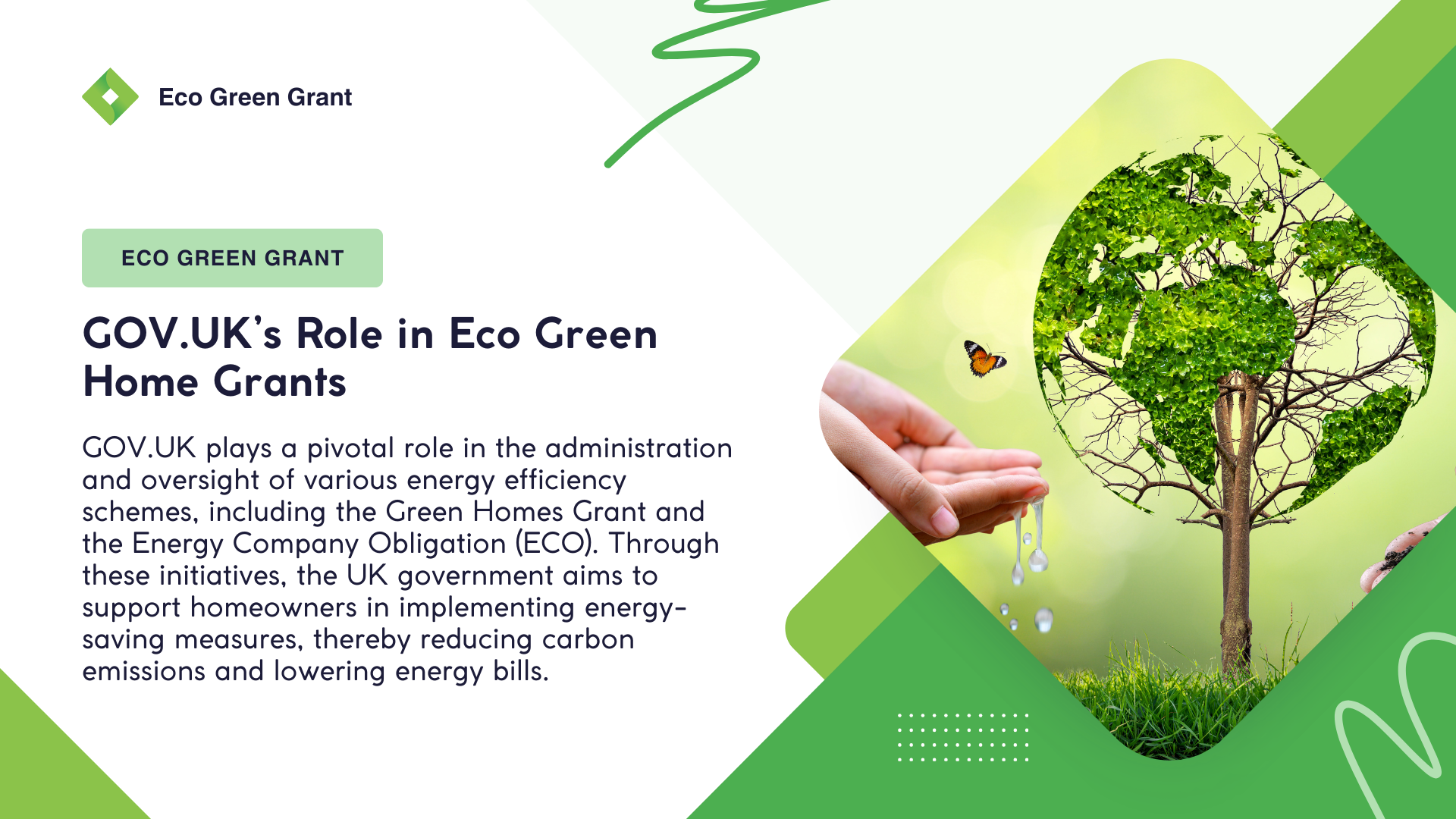
GOV.UK is the UK government’s official website, providing up-to-date and trustworthy information about all government grant schemes. It’s the best place to find out about the Eco Green Grant and related funding options.
Finding Official Green Grant Information
GOV.UK lists all available government grants and explains their eligibility rules clearly. This helps you avoid scams and only apply for genuine grants. You’ll find detailed guidance and advice on each scheme. This transparency is vital when dealing with green home funding.
Keeping Up with New Opportunities
Government grants are regularly updated to meet new climate targets and funding availability. Checking GOV.UK frequently ensures you won’t miss out on new or extended programs. Staying informed helps you take advantage of the latest green incentives. This keeps your home upgrade plans timely and cost-effective.
Transparency Through Companies House
Eligibility Criteria for Eco Green Grants

Not everyone qualifies for all grants. Eligibility depends on factors like income, benefits, and property characteristics. Understanding these criteria will save you time and effort.
Income and Benefit Conditions
Many grants target low-income households or those receiving benefits such as Universal Credit. These conditions help focus limited funding on families most in need. Even if you’re not on benefits, some grants offer help based on income thresholds. Checking your eligibility early can avoid wasted applications.
What Kind of Homes Qualify?
Typically, older homes with poor insulation or outdated heating systems qualify for Eco Green Grants. New or recently renovated homes often do not qualify. Grant schemes want to support properties where upgrades will have the biggest environmental impact. Your property’s energy performance certificate (EPC) can help determine this.
How to Find Out If You Qualify
You can use online tools on GOV.UK or contact Eco Green Home Grants Ltd for a free eligibility check. They can review your circumstances and property details to suggest the best grants for you. This pre-application step increases your chances of success and avoids unnecessary delays.
Common Eco-Friendly Home Upgrades Covered by Grants
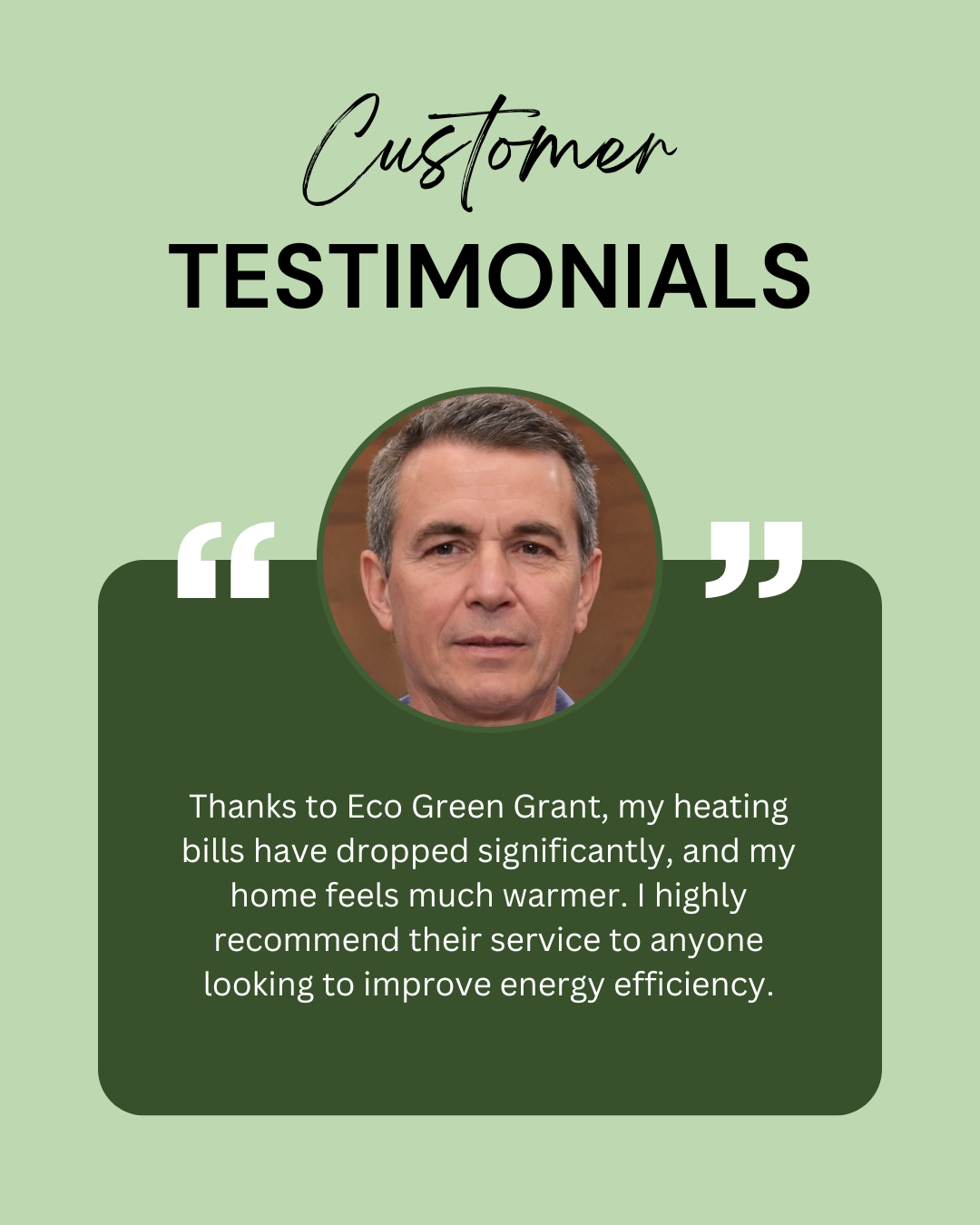
Knowing what improvements are typically funded helps you plan your upgrades effectively. These are some of the most popular home improvements supported by Eco Green Grants.
Insulation Upgrades
Improving insulation in walls, lofts, or floors reduces heat loss and energy bills. Many grants cover all or part of the cost. A well-insulated home stays warmer in winter and cooler in summer, improving comfort. Insulation is often the simplest and most effective upgrade. Learn more about the Importance of Home Insulation.
Renewable Energy Options
Solar panels, heat pumps, and biomass boilers are common renewable energy upgrades funded by grants. These reduce your reliance on traditional fuels and lower carbon emissions. Although they can be costly upfront, grants make these eco-friendly options affordable for many homeowners.
Energy-Efficient Heating
Replacing an old boiler with a modern, efficient one can save significant energy. Grants often support this, especially if your current system is outdated or inefficient. Efficient heating systems reduce your bills and contribute to national carbon reduction goals.
Applying for Eco green home grants ltd Companies House
Applying for green grants can feel overwhelming, but Eco green home grants ltd Companies House offers hands-on support throughout the entire process.
Initial Consultation and Survey
They begin with a free consultation to understand your needs and the state of your home. Then, an energy survey identifies which upgrades and grants suit you best. This thorough approach ensures you don’t waste time on the wrong options. It’s a crucial first step.
Preparing Your Application
The company collects all necessary documents and completes the grant forms accurately. Their experience helps avoid common mistakes that cause application delays. They submit the application on your behalf and keep you updated on progress. You don’t have to deal with complex paperwork yourself.
Coordinating Installations
Once your grant is approved, Eco green home grants ltd Companies House helps arrange installations with certified contractors. They ensure the work meets all grant conditions to avoid issues with funding. Their oversight guarantees your project runs smoothly until completion, leaving you with a greener home.
Tips for Getting the Most from Eco Green Home Grants
These tips can help you make the best use of your grant and future-proof your home for energy savings.
Keep Your Home in Good Condition
Maintaining your heating system and insulation improves your home’s energy rating. This makes it easier to qualify for grants in the future. Regular upkeep also helps prevent costly repairs later on. A well-maintained home is always more energy-efficient.
Combine Multiple Upgrades
Applying for several improvements at once, like insulation plus solar panels, can increase your overall savings. Some grants reward comprehensive energy-saving projects. Bundling upgrades can also make installation easier and more cost-effective. This strategy maximizes your benefit.
Stay Updated on New Grants
Government funding programs change regularly to reflect new policies and budgets. Check GOV.UK or contact Eco green home grants ltd Companies House periodically to hear about fresh opportunities. Staying informed helps you catch new grants as soon as they’re available. This keeps your home improvement plans current. Green Homes Grant offers a clear path for residents wanting to upgrade their homes sustainably and affordably. With official government backing and expert help, you can access grants to improve insulation, install renewable energy, or update heating systems.
FAQs
What is Eco green home grants ltd Companies House?
Eco green home grants ltd Companies House is a company dedicated to helping homeowners access government-funded green energy grants. They assist with the entire process, from assessing your home’s needs to submitting applications. Being registered with Companies House ensures they are a legitimate and trustworthy business. Their goal is to make eco-friendly upgrades easier and more affordable for everyone.
How can I check if Eco green home grants ltd Companies House is a registered company?
You can easily verify Eco green home grants ltd Companies House
registration by visiting the GOV.UK website and using the Companies House search tool. Just enter their company name to find official details like registration status, directors, and filing history. This verification protects you from scams and ensures you’re dealing with a legitimate company. Always do this step before committing to any services.
What types of home improvements do Eco Green Grants cover?
Eco Green Grants typically cover a range of home energy improvements such as loft, wall, and floor insulation. They also fund renewable energy installations like solar panels and heat pumps. Energy-efficient heating systems, including modern boilers, often qualify as well. These upgrades help reduce energy bills and lower your home’s carbon footprint.
Who is eligible to apply for Eco Green Grants?
Eligibility for Eco Green Grants depends on factors like your household income, benefits status, and the current energy efficiency of your home. Many grants prioritize low-income households or those receiving certain benefits. Properties with poor insulation or outdated heating systems also tend to qualify. Checking your eligibility early can save time and improve your chances.
How does Eco green home grants ltd Companies House help with the grant application process?
Eco green home grants ltd Companies House simplifies the complex application process by offering personalized home energy assessments. They handle all the paperwork, making sure every form is correctly filled and submitted on time. After approval, they coordinate with trusted contractors to complete your upgrades. This full support reduces stress and speeds up your green home improvements.
Where can I find official information about government green grants?
The GOV.UK website is the official government platform where you’ll find accurate and up-to-date information about green grants. It provides eligibility criteria, application guidelines, and details about available schemes. Checking GOV.UK helps you avoid scams and ensures you apply for legitimate grants. It’s the best resource for any homeowner interested in going green.
Can I apply for multiple green grants at once?
Yes, applying for multiple grants to cover different upgrades is often possible and highly recommended. For example, you might combine insulation improvements with solar panel installation. Bundling projects can increase your total grant funding and lead to greater energy savings. Just make sure each grant’s eligibility criteria are met before applying.
Are Eco Green Grants only for homeowners?
Most Eco Green Grants are designed for homeowners and landlords looking to improve their properties’ energy efficiency. Some schemes have specific eligibility rules, so it’s important to check each one carefully. Renters typically don’t qualify directly, but landlords can apply on their behalf. Companies like Eco green home grants ltd Companies House can help clarify who can apply.
How do I know if my home qualifies for an Eco Green Grant?
Your home’s eligibility usually depends on factors like its age, insulation status, and energy performance rating (EPC). Older homes with poor insulation or inefficient heating are more likely to qualify. You can use online eligibility tools on GOV.UK or get a free assessment from Eco green home grants ltd Companies House. This ensures you focus on grants that fit your specific situation.
What should I do after receiving an Eco Green Grant?
Once your Eco Green Grant is approved, arrange installation with certified contractors, ideally coordinated by Eco green home grants ltd Companies House. Make sure the work complies fully with grant rules to keep your funding secure. After installation, you’ll benefit from lower energy bills and a more comfortable home. Keep all paperwork and receipts in case of future inspections.



